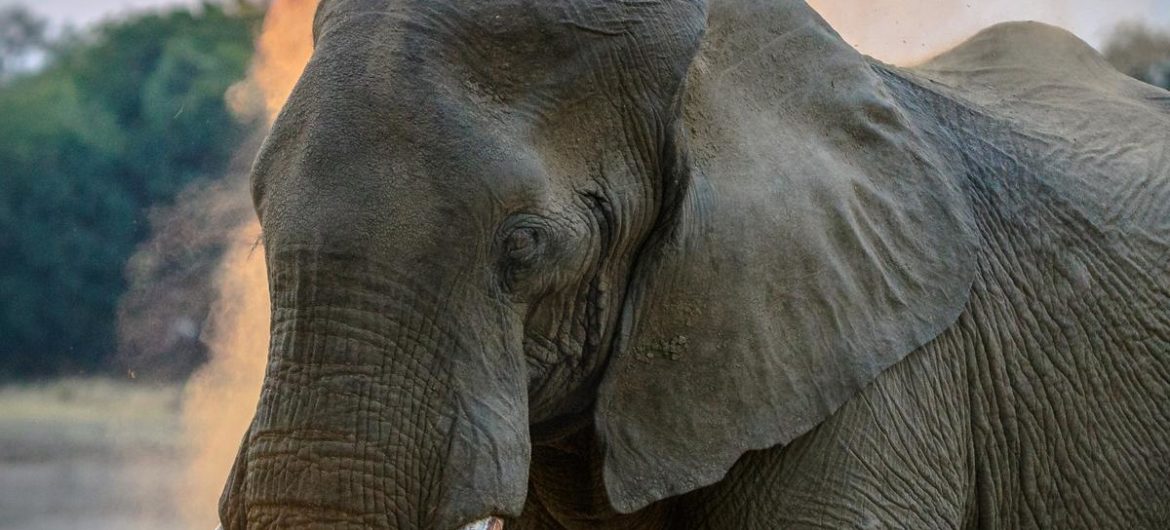Non-Governmental Organization, Elephants Alive will be streaming the live collaring of an elephant in August at a cost of R950 per ticket, with the proceeds going to the organisation’s ongoing work.
The collaring will be broadcast on Saturday, August 8, just ahead of World Elephant Day.
“This will include tracking the elephant in the Greater Kruger, its immobilisation, fitting the new collar and watching as the giant comes round and walks off into the bush. All the while, elephant experts and vets will explain what’s happening and answer your questions,” said the NGO via a press statement on Monday.

Elephants Alive said it had been studying the elephants in the area for nearly 25 years, with its work spanning three countries.
Kruger National Park and the private reserves bordering the Park in South Africa, Gonarezhou National Park in Zimbabwe and Parque Nacional de Limpopo in Mozambique represent the core areas of movement for the animals.
“Elephants Alive has collared nearly 200 animals and can individually identify more than 2,000 elephants from their tusk and ear patterns by recording features like ear tears, notches and holes as well as tusk shape. This work has provided a unique insight into the social bonds, breeding behaviour and movements over time of these amazing animals,” said the organisation.
It said that elephant collars provided critical scientific information, helping the NGO understand the movements of elephants in response to safety, sex, food and water. The data also mapped “fear-landscapes” – areas elephants were avoiding.

“This remote tracking detects if a collar stops moving, if it is too close to villages or if it’s moving at unusual speeds – all of which could indicate a potential poaching event. The collars provide real-time data so rangers or a response team can investigate.
“The collars are mapping incredible journeys. An elephant named the Bahnine Bull, first collared in southern Mozambique, has proved to be a remarkable trailblazer. Data has shown him moving between Banhine, Zinave and Limpopo National Parks in Mozambique as well as venturing into Kruger National Park in South Africa (more than 6,000 kilometres in a single year).
“These movements show how important safe corridors are between the reserves and how protected areas need to incorporate a much wider landscape to do justice to the potential home range of an elephant.”
It costs around R90,000 to collar an elephant, according to Elephants Alive, thus the virtual collaring is to be trialled as a fund-raising event. The collaring is being run in association with Blue Sky Society, which has a mission to “protect, preserve and improve life for wildlife and communities in need”.

The live broadcast technology will be provided by Painted Dog TV.
To book tickets, visit: http://www.quicket.co.za/events/105627-virtual-collaring/#/
-ANA; Editing by Desiree Erasmus




